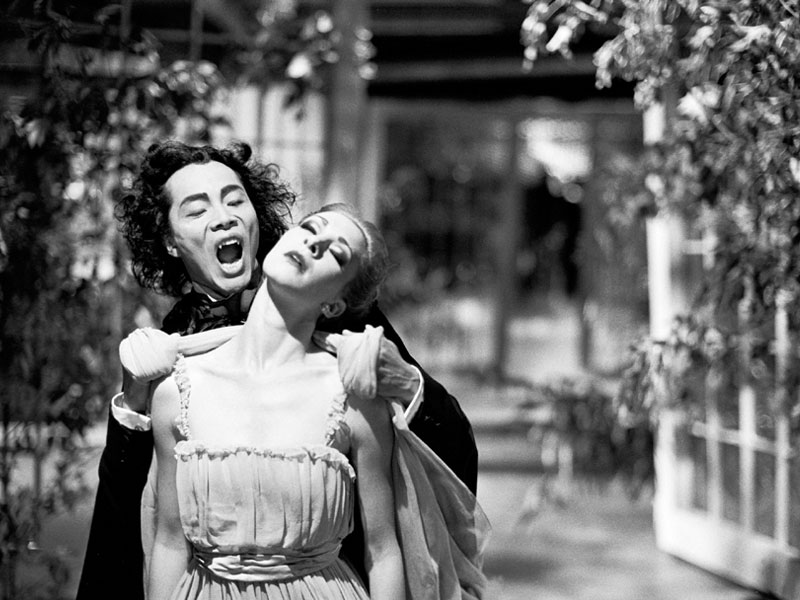 The Imitation Game
The Imitation Game
Written for the screen by Graham Moore
Directed by Morten Tyldum
UK/USA 2014
The mysterious and secretive figure of Alan Turing has undergone something of a political and cultural renaissance in the UK over the past few years. A young mathematic prodigy, Oxford graduate, and cryptographer par excellence, he was ushered into the ultra top secret Bletchley Park programme during the Second World War and tasked with the impossible: to break the German military codes through a captured sequencer which could potentially offer billions of responses to any clandestine communication. Socially incompetent and ruthlessly dedicated, Turing willingly threw himself into the arena of cerebral combat, along the way erecting much of the intellectual and theoretical infrastructure of the modern computing world. But as a closeted homosexual his treatment at the hands of the authorities in the post-war period should cause the great British bulldog to hang its head in shame, with he and his team’s contribution to the continuation of civilisation remaining cloaked for over half acentury due to the Official Secrets Act. Former Prime Minister Gordon Brown would later make an official public apology on behalf of the British government for “the appalling way he was treated,” while the Queen granted him a posthumous pardon on Christmas Eve 2013.
As the subject for a film, it seemed inevitable that Turing’s life would be programmed for the silver screen as a prestige, quintessentially ‘British’ picture with a positive domestic and international draw, enabling top ranked British character actors to emote and entertain for God and Country.With his nervous, stuttering fragility, The Imitation Game‘s star Benedict Cumberbatch brings a querying aloofness to the role of Turing, his slow transformation from cypher to decoded character anchoring the historical film with a welcome sense of humanity.
It’s a film of collegiate contest rather than more overtly exciting wartime heroics, with Keira Knightley’s spiky portrayal of cryptanalysist Joan Clarke giving a softer focus to the interpersonal relationships between the predominantly male cast. Clarke was a forerunner for feminism whose true life persona was critical in the success of the mission, yet did not enjoy the same privileges or pay of her colleagues, marking her as another outsider able to sympathise and eventually harmonise with Turing. Able support for the leading pair is supplied in the form of Charles Dance, Rory Kinnear and Matthew Goode, with Mark Strong’s MI5 agent’s grasp of deflecting dialogue as sharp as his Savile Row pinstripe suit.
Director Morten Tyldum (hot off the international recognition for 2011’s Headhunters) weds the macro with the micro when it comes to covert and clandestine concerns, interweaving Turing’s self-shamed sexuality with a need for secrecy and obfuscation regarding the personal and the political. The production design and period detail are as impeccable as you’d expect from the plucky British artisans assembled, who create a convincing environment through which the cryptic mission narrative can generate excitement and empathy, as the whirring gears and clicking pistons of the enigma machine keep the plot powering to victory. The script is admittedly wounded on occasion by the odd cliché here and there: inspirational speeches about being unique and special are deployed to recruit one character on moral grounds and are then repeated to that same character in a emotionally bombarding coda, while an inevitable drama-detonating deadline from haughty superiors is only obliterated by an unexpected breakthrough inspired by a seemingly unrelated incident.
It’s no mystery why the film won the People’s Choice Award at this years Toronto International Film Festival, given its powerful processing of historical drama and strong performances. The Imitation Game seems destined to repeat the operation here as the opening gala presentation of the London Film Festival, appropriately honouring the memory of a man without whom we possibly wouldn’t have the widespread dissemination of devices that enabled you to crack this cryptic review.
– John McEntee







